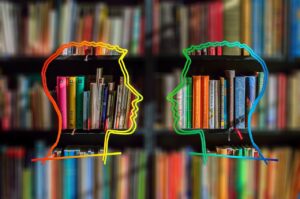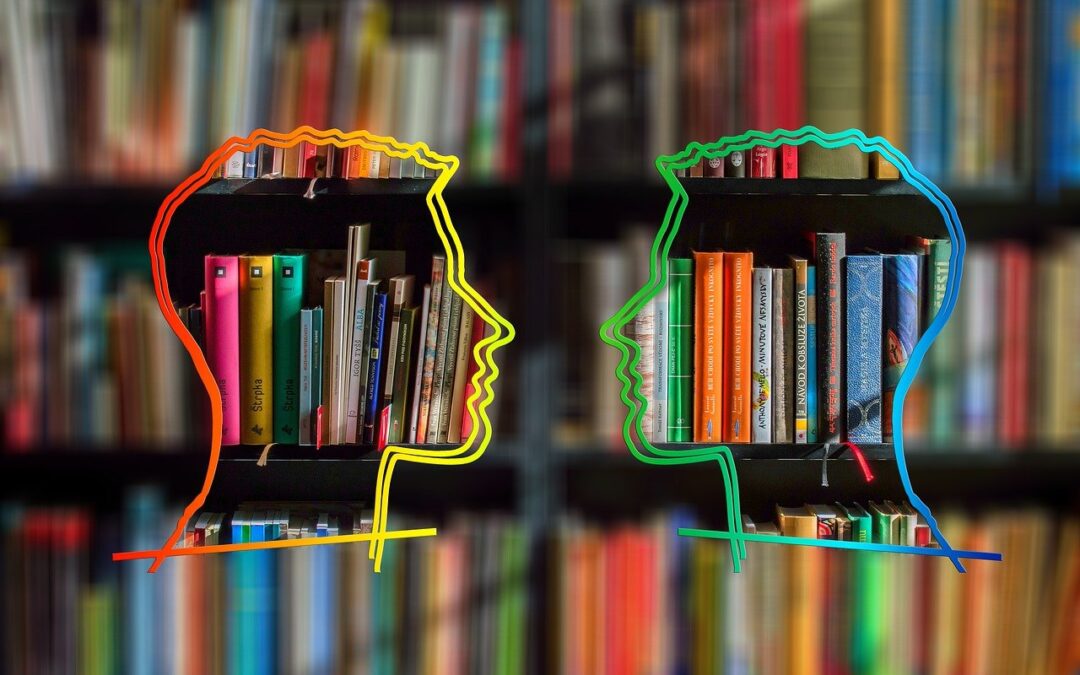In a world increasingly characterized by polarization and binary thinking, the importance of nuance cannot be overstated.
Nuance—the subtle distinctions and complexities in our thoughts, behaviors, and interactions—provides a foundation for a balanced, meaningful, and happy life. Recognizing and embracing nuance can transform our personal relationships, enhance our understanding of the world, and lead to a more harmonious society. On the other hand, lack of nuance in our thinking has had a detrimental effect on our individual emotional health and society as a whole.
embracing nuance can transform our personal relationships, enhance our understanding of the world, and lead to a more harmonious society. On the other hand, lack of nuance in our thinking has had a detrimental effect on our individual emotional health and society as a whole.
At its core, nuance is about appreciating the shades of gray between black and white. It requires us to look beyond simplistic categorizations and engage with the complexity inherent in human experiences. This approach fosters empathy, critical thinking, and open-mindedness, all of which are essential for personal growth and societal progress. It requires that when we learn one thing about another human being, we don’t use that single fact to assume other aspects of their psyche, decision-making, or beliefs. This may seem on the surface like an unpopular belief, but I’m going to ask you to hang with me.
In our relationships, recognizing the multifaceted nature of others allows us to see them as whole individuals rather than mere embodiments of a single characteristic or viewpoint. When we appreciate the complexity of others, we become better listeners and more compassionate partners, friends, and colleagues. This deeper understanding fosters stronger, more resilient relationships built on mutual respect and trust.
In personal development, acknowledging the complexities of our own emotions and behaviors helps us navigate life’s challenges. Our experiences are rarely straightforward, often being a mix of positive and negative elements. Embracing this complexity enables us to acknowledge our strengths and weaknesses, successes and failures, without falling into the trap of self-criticism or overconfidence. This balanced self-awareness is crucial for personal growth and emotional well-being.
Understanding the world with a more detailed perspective allows us to move beyond superficial sound bites and sensationalism. When we take the time to explore the intricacies of various issues, we become more informed and discerning individuals. This deeper understanding enables us to engage in more meaningful and productive dialogues, fostering a more inclusive and thoughtful society.
Stay tuned for Part 2, where we’ll delve deeper into how embracing complexity encourages us to embrace uncertainty, enhances our creativity, fosters humility, and ultimately leads to a more balanced and fulfilling life.
